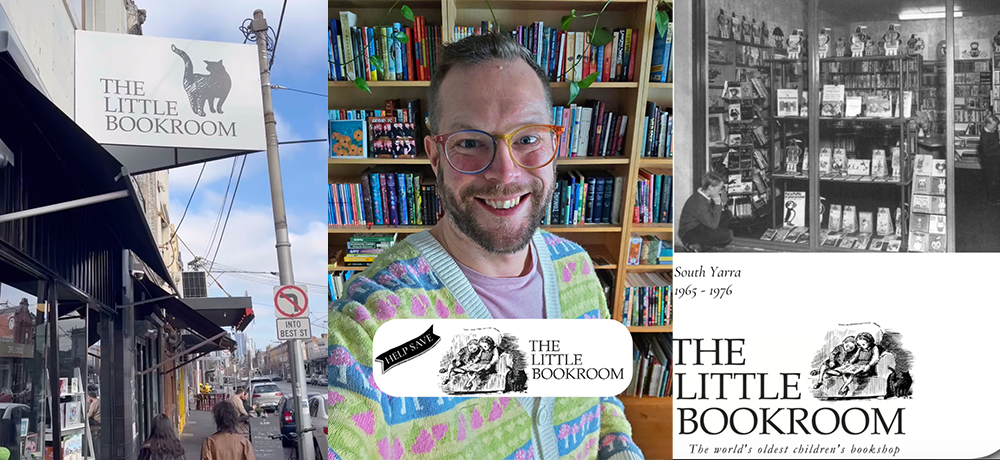
Labels “of no interest to youth”
The terms ‘gay’ and ‘straight’ are becoming increasingly irrelevant to young people, according to a recent study of secondary students and their sexual habits.
Young people are increasingly identifying a sense of sexual fluidity or questioning, according to the results of the Secondary Students and Sexual Health survey released by La Trobe University.
According to the survey of students in years 10, 11 and 12, the number who identify as exclusively gay has fallen by 2 percent since 2002, while the number of students who are attracted to both sexes has risen by 1.4 percent and the number who are questioning has also gone up marginally.
Boys in particular were becoming more comfortable with reporting their bisexuality, with 5.1 percent reporting an attraction to both sexes in 2008, compared to 2.3 percent in 2002. The likelihood for young men that they’d had a sexual encounter with someone of the same sex also rose from 2 percent to 8 percent.
The figures are indicative of the types of questions being raised by young people accessing Twenty10, according to their director Rebecca Reynolds.
“I think that fits in with what we hear young people talk about – that it’s not about people identifying themselves one way or the other, it’s about exploring the options and not putting labels on it,” she said.
“For people to be talking about a general sexual diversity, that is good and it means we are starting to do things right and there are places being created where young people can feel safe to explore those things.
“Definitely more people are coming to us to ask about those questions and to ask if they have to identify as gay or they have to identify as a lesbian, or if it’s OK to be attracted to sometimes boys, sometimes girls.
“I think young people – and it might be to do with the internet – are so much more in touch with it. I don’t know if it’s new, but it’s reaching this critical mass where there’s this level of empowerment from the internet and all of those communities you can exist in, so that fluidity is OK and people are starting to develop a language about it.”









